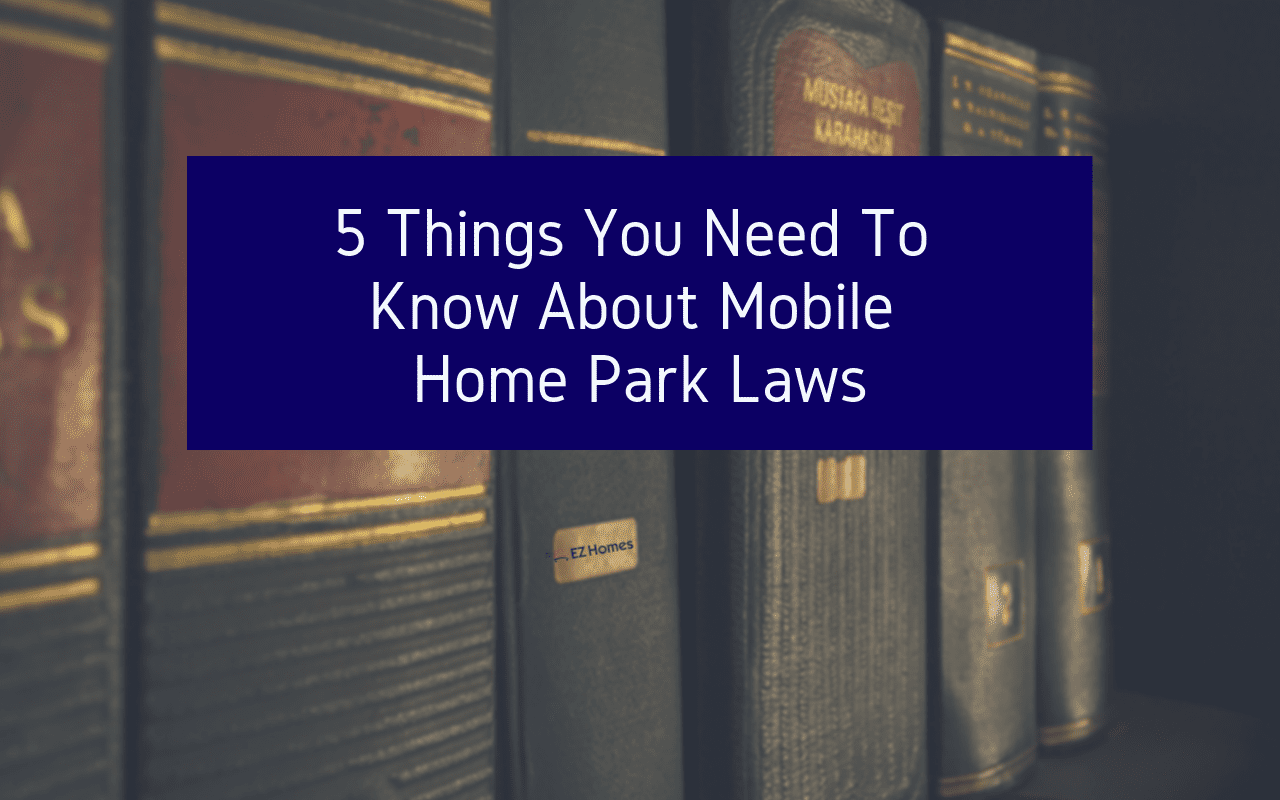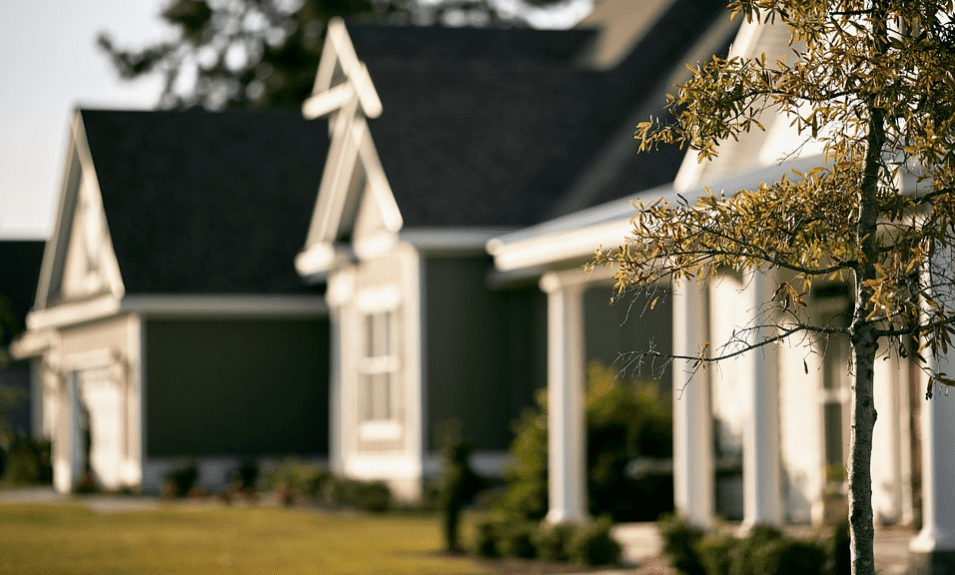Whether you are in the shoes of a resident or landlord, it’s paramount that you understand mobile home park laws. You need to understand the limitations and extent of federal and state laws and how that applies to the house rules in your park.

Operating a mobile home park must be done properly and within the confines of the law. Otherwise, someone will be facing serious repercussions and expenses.
A mobile home park manager and landlord must learn to pick and choose his or her battles wisely. Read on as we lay out five things you need to know about mobile home park laws.
5 Things you need to know about mobile home park laws
Mobile home park laws don’t require rocket science but there is more beyond the scope of this article. For the best information that applies to your locale, we encourage reaching out to a lawyer in your area. Find someone who deals with landlord and tenant disputes.
Such a lawyer ought to have a good handle on the intricacies of the law and how it applies to your operations in a mobile home park.
1 – There are federal and state laws
Outside of your own mobile home park laws, there are federal and state laws that will have a higher authority than the laws you set in place for your park.
2 – They vary from location to location
Some locations are more thorough than others in dictating the requirements placed on mobile home park landlords. Other states provide little oversight.
For example, the state of California has the Mobile Home Parks Act. This act establishes particular health codes that apply to both the park and the homes within the park.
Another example is that of protecting the residents from having the land sold out from under them on a whim. Here you can see a map of states and how friendly they are towards protecting residents from these situations.

3 – Residents have rights
On that note, residents have rights. Before you begin establishing rules and regulations in your park’s infrastructure, you need to know what the rights are for your residents.
And if your locale has little to say on that topic, then be the landlord you would want to have if you were in your tenant’s shoes.
There are responsibilities on residents and park owners. Both should have a mutual respect for the other.
4 – You can’t be a dictator
Another thing to note is that being the landlord is not a card to play the role of dictator.
For one, it’s bad for business. Word will get around quick that your park is not the place to live.
But another thing to think about is the fact that being a dictator will land you in serious trouble and possible lawsuits. Don’t be an example of a bad mobile home landlord.
Treat your residents and potential residents with respect. It always pays to do the right thing, whatever the outcome. Regardless of what you’ve written as law in your mobile home park, there’s always a higher law that requires you remember the Golden Rule.
5 – The lease agreement is important
Never ever forget to have your tenants sign a lease agreement. In the case that you have a problem tenant on your hands, you can point to that lease agreement. The paperwork they signed should lay out their responsibilities and the park’s responsibilities.
Who should do what? If there’s a problem with the mobile home, who is to fix it? What happens after a warning? When can someone be evicted? How many days will be allotted between an eviction notice and the resident’s departure?

Questions like these (and more) ought to be answered in the paperwork. In court, this signed paperwork will provide evidence that the tenant was aware of his or her obligations.
Of course, taking anyone to court should be the last thing someone does. Always start by extending the hand of friendship and trying to work through conflict in a mature manner.
In some cases, people may just be having a bad day. In others, they need a serious printed warning to wake them up from their apathy.
Need more info?
For more on mobile home park owner responsibilities, you’ll find an overview here on responsibilities and expectations. There are things you can’t or shouldn’t do. And there are things that you are obligated to do or could do to take your service up a notch. It’s important to gain an understanding of the role of park owner and how it plays into the livelihood of your mobile home park community.


